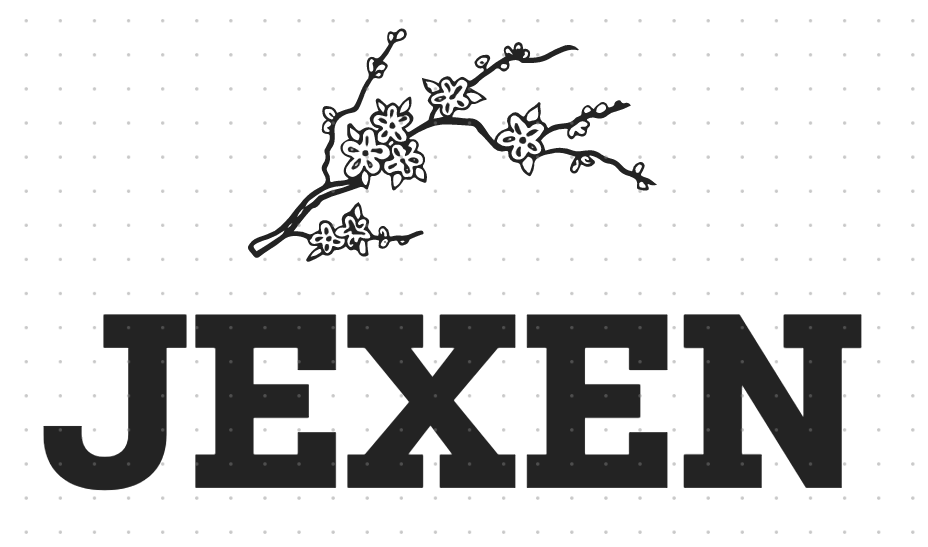Entering a new market is a significant strategic decision that requires in-depth understanding and careful planning. When it comes to the educational sector, this can be even more challenging given the cultural and regulatory nuances that define each country’s education system. In this blog post, we will explore how an educational company can enter the Japanese market, a market known for its high educational standards, and its emphasis on quality and innovation.
Firstly, understanding the Japanese market is paramount. Japan has one of the most highly educated populations in the world, with a literacy rate of over 99%. Japanese parents and students place a high value on education, with many families investing heavily in supplementary education, including private tutoring and e-learning. This creates a unique opportunity for educational companies that offer high-quality, innovative learning solutions.
To successfully enter the Japanese market, an educational company must carefully consider the following steps:
**1. Market Research**
This is the first and most crucial step. Understanding the needs and preferences of Japanese students and parents is key. Market research will reveal the most popular subjects, the preferred modes of learning, the level of technology adoption, and the willingness to pay for educational services.
**2. Localization**
The Japanese market is characterized by its strong preference for local products and services. As such, any educational content should be localized to suit Japanese culture, language, and educational standards. This includes translating content into Japanese, incorporating Japanese case studies, and aligning with the Japanese school curriculum.
**3. Regulatory Compliance**
Japan has a well-defined regulatory framework for the education sector. It’s essential to understand and adhere to these regulations, which could relate to accreditation, data protection, or advertising. Non-compliance could lead to legal issues and damage to the company’s reputation.
**4. Partnerships and Alliances**
Forming partnerships with local educational institutions or companies can provide a quicker and more effective route to market. Such alliances can help in overcoming regulatory hurdles, gaining market insights, and accessing established distribution channels.
**5. Marketing and Promotion**
Japanese consumers rely heavily on reviews and recommendations when selecting products or services. Therefore, a strong marketing strategy should include engaging with influencers, getting positive reviews, and showcasing success stories. Social media platforms such as LINE and Twitter are also popular in Japan and can be used effectively for marketing and engagement.
**6. Customer Service**
Japanese consumers are known for their high expectations when it comes to customer service. Educational companies should be prepared to provide top-notch customer service, which includes quick response


